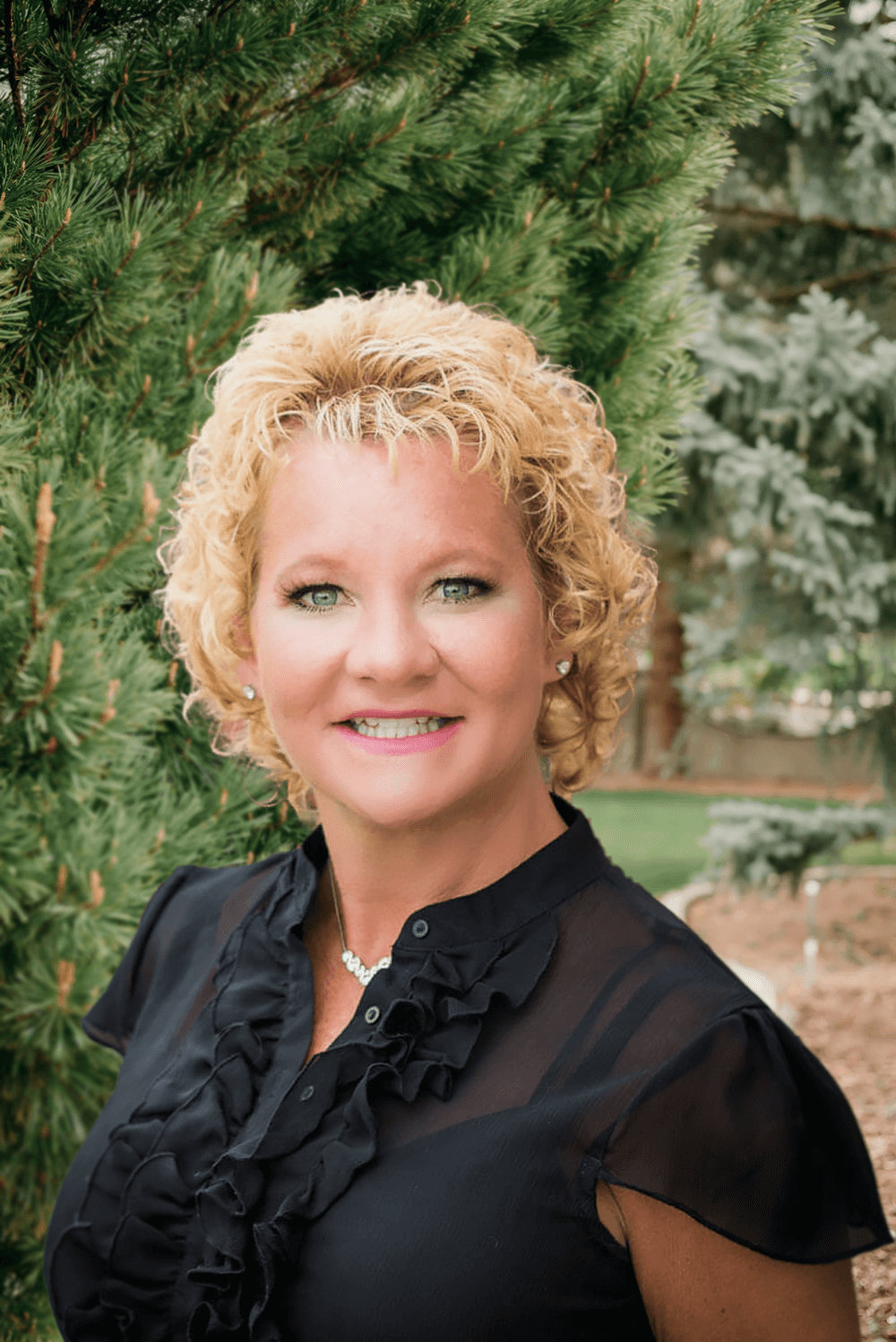Trauma can take a toll on one’s physical and mental health. Unresolved trauma can cause lifelong problems such as depression, anxiety, substance abuse disorders, and even autoimmune diseases.
Working through trauma and processing emotional distress is often the first step to long-term healing.
What Does Processing Trauma Mean?
Processing trauma is essential for long-term healing. An important first step is recognizing and acknowledging the trauma. It can include talking about what happened, changing unhealthy behaviors that one uses to cope, and developing ways to release stress and tension.
Dealing with trauma is a highly individualized experience and what may work for some, won’t work for others. It’s important to find a trauma therapist who will learn your story and help design a treatment plan based on your unique needs.
How Does Trauma Manifest?
Trauma is complicated, sometimes making it difficult to recognize and treat. It can manifest as physical health problems and mimic symptoms of other mental health disorders.
Some of the ways trauma can present include:
- Stomach problems
- Headaches, migraines, muscle & joint pain
- Chronic illness & autoimmune disease
- Depression or anxiety
- Impulsive or reckless behavior
- Shame, guilt, or feelings of worthlessness
- Emotional numbness
- Substance abuse
- Suicidal thoughts or self-harm
How To Start Processing Trauma?
Starting the journey to process trauma can feel overwhelming at first but necessary to support long-term healing. An important first step in processing trauma is recognizing and acknowledging the trauma.
Individuals who suffer from trauma sometimes minimize their experiences to avoid the pain, by accepting that the trauma happened, it is easier to heal.
Psychoeducation is a great way to start understanding how trauma impacts your life. This could include reading articles, listening to podcasts or connecting with others who have gone through similar experiences.
Can You Process Trauma Without Professional Help?
It is possible to process trauma on your own through self-help tools and acceptance. Many individuals may begin to educate themselves on what trauma is and how to overcome it before reaching out for help.
It is recommended to reach out for professional help when dealing with trauma as this can help provide guidance and structure. Processing trauma can cause distress at the beginning as you work through memories and heavy emotions. A trauma-informed therapist can help minimize this discomfort.
Treatment Available To Help Process Trauma
As research in the field of trauma treatment grows, more therapies are available than ever to help individuals process their trauma and build treatment plans based on their needs.
Some common treatments for trauma include:
- EMDR to help process emotional distress and traumatic memories. This is done with bilateral stimulation. It helps desensitize the negative stress associated with the trauma memory.
- CBT helps understand how trauma affects thinking patterns and cognition. It teaches positive coping skills and sets goals.
- Trauma support groups are a great way to connect with others, decrease isolation and learn new insights about healing symptoms.
- Activities such as art, dance or music are great ways to express trauma that may be difficult to verbalize.
When To Seek Help
It’s important to seek help from a mental health professional if you are experiencing symptoms of trauma. Maple Mountain Mental Health & Wellness Center has a compassionate team of trauma-informed therapists who are here to provide comprehensive support.
We offer trauma-informed therapies such as EMDR, Accelerated Resolution, and Therapy Assisted Ketamine Treatment. Reach out to our Admissions team today.




